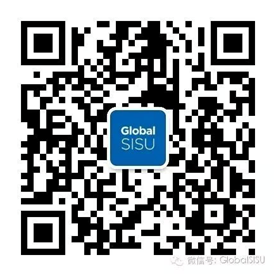| S |
tudents and teachers from Shanghai International Studies University (SISU) have been updating antivirus news of Europe via Wechat platform "European Collaborative Research", for the epidemic has worsened in Europe since early March.
The platform first issued seven original reports on the epidemic situation in Germany, France, Britain, Italy, Sweden, Hungary and Spain. Information of these countries was then integrated into one message released every two days.
SISU students and teachers teamed up based on eight languages, including German, English, French, Spanish, Italian, Swedish, Polish and Czech. They edited and translated first-hand material, and submitted by noon the next day. “Almost every issue was released early in the morning because we stayed up to make sure every sentence, every word and every punctuation is accurate,” said Ge Yiren, the editor.
Diverse cultures in Europe required extra attention. In order to confirm whether the animal source of the virus was “racoon dogs” or “badgers” in a German news report, students spent two hours consulting dictionaries and comparing pictures on German, French and English versions of Wikipedia.
To avoid misleading information, teachers and students had online group meetings according to different languages, unifying the style and logic of writing and pictures.
“A community consciousness has formed with these days of work, and every member keeps the team functioning spontaneously,” said Mao Xiaohong, the team leader. “We hope to introduce more topics to elevate our capacity of studying and understanding Europe, as well as provide a wider knowledge to readers.”
SISU has been promoting the cross-subject education model since it set the goal of being acknowledged as a world-class university for global and area studies featuring global knowledge in 2014.Operating European Collaborative Research is an exploration of nurturing talents for specific countries and regions.
"European Collaborative Research" has released 35 issues with a total of over 400,000 words by May 22.






